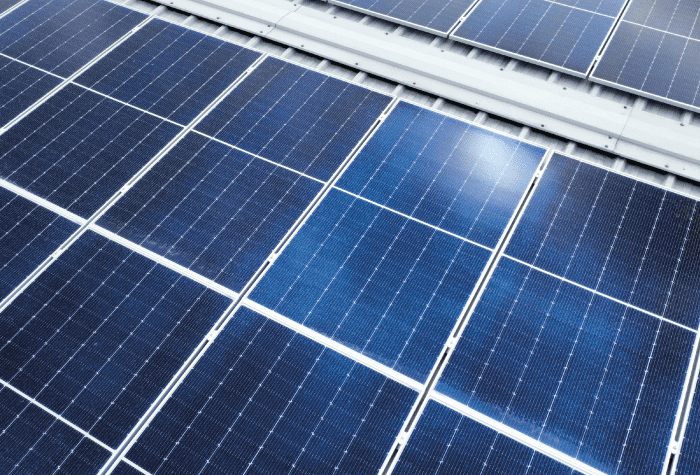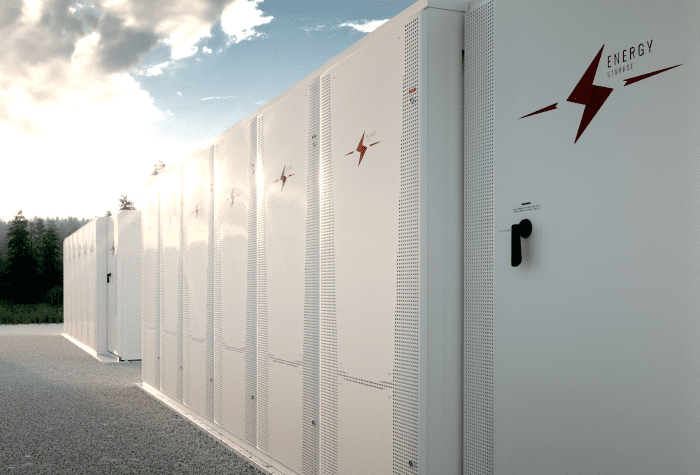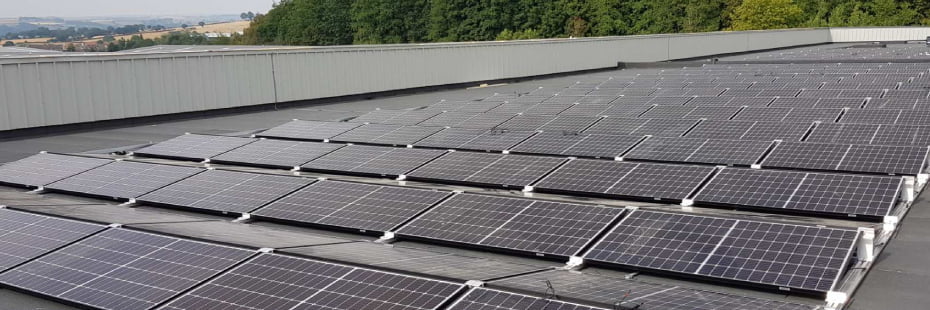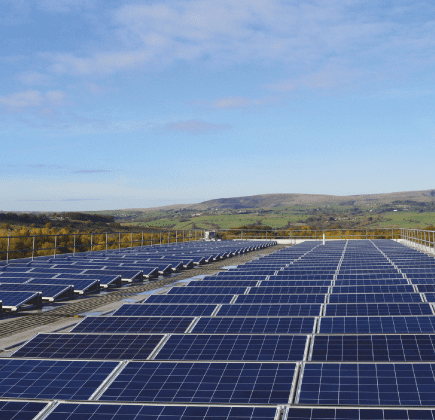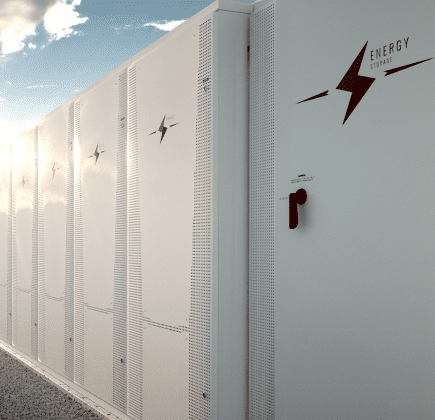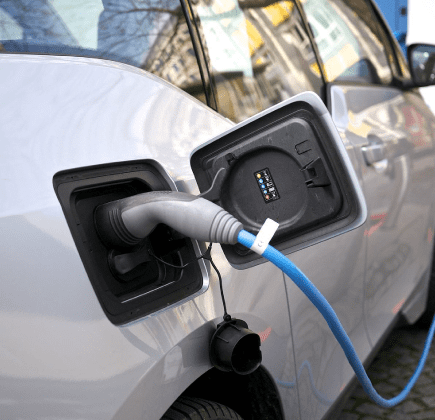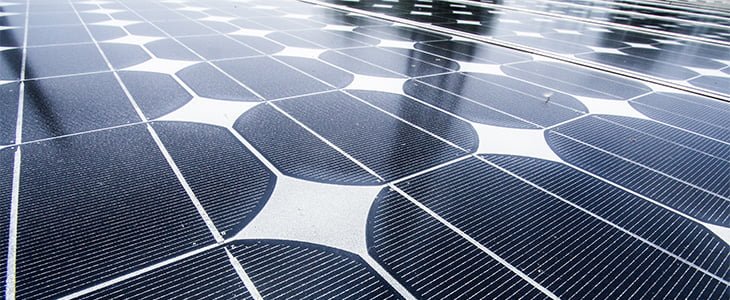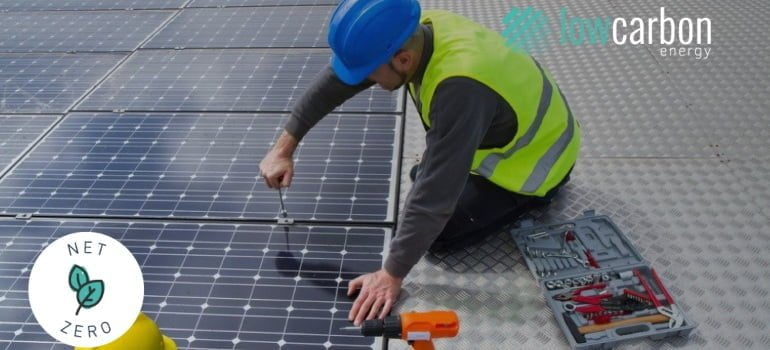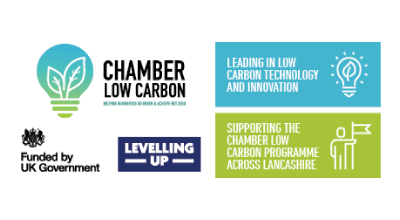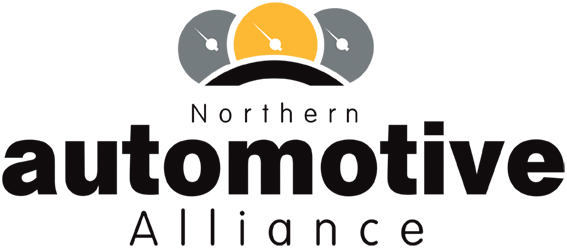- UK: 01282 421 489
- IE: 00 353 913 981 80

Electricity usage and efficiency continues to be a huge issue for data centres, alongside the challenge of lowering carbon emissions. The colocation industry emits as much CO2 as the airline industry, and some of the world’s biggest data centres consume as much power as a city of a million people.
As a result, there’s growing international pressure on data centres around the world to find new ways of transforming their energy supply, and while we’re broadly improving here in the UK, we’ve still got some way to go. That’s where solar panels come in – they’ve become almost indispensable to UK data centre owners and operators, helping to reduce costs and emissions. Here, we take a closer look at why so many UK data centres are adopting commercial solar, and a quick look at some of the benefits it provides.
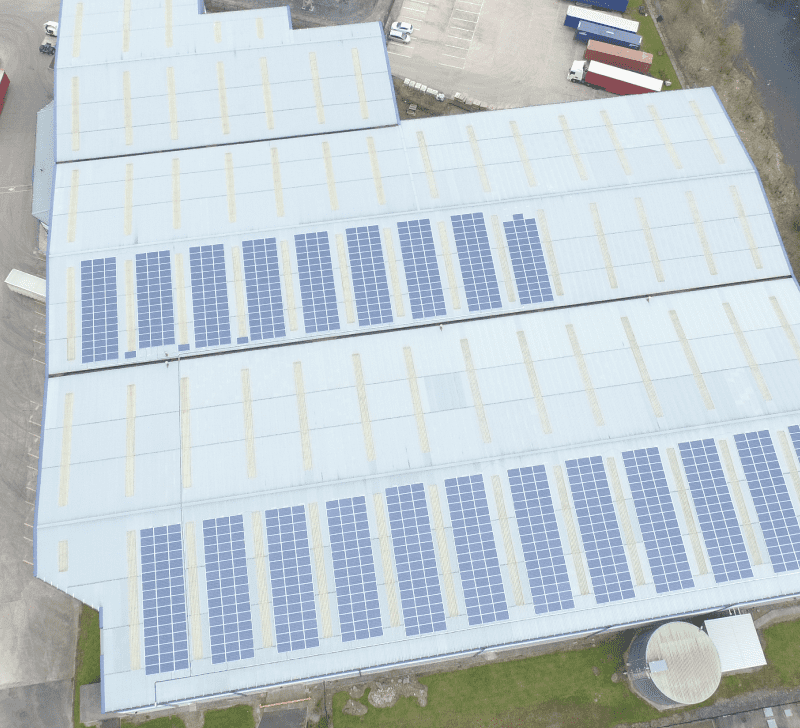
A growing revolution for the world’s data centres
Right now, the world is in the middle of a renewable energy boom. Late last year, renewables surpassed fossil fuels for the first time, and wind, hydro and solar PV are now on-track to permanently outstrip supplies from gas, oil and coal-fired stations in the near future.
Solar is becoming especially widely adopted by the colocation industry, as data centres benefit from the cost and energy savings it provides. The demand is high – more than 250 data centres in the UK alone use more than 345MW of power, which is enough energy to power a city of 600,000 people.
But solar is going some way to helping meet this demand. 76.5% of the electricity purchased by the UK’s commercial data centres is 100% renewable, and 10% more is purchased according to consumer requirement. With a conscientious public and business community opting increasingly for renewable energy, that ultimately takes the total up further. And of course, it doesn’t hurt that 2019 was the UK’s best ever year for renewable energy!
We’ve still got some way to go, but the progress so far sets a good precedent for the world stage. Shifting data centres to more renewable forms of energy is still a key priority for most governments, industry bodies and businesses all over the world. The EU commission regards a target of complete carbon neutrality by 2030 to be not only an achievable target, but an essential one – if we’re to meet our global environmental goals.
Solar’s advantages for data centres
As well as the environmental side, solar PV’s ability to generate on-site energy can provide some welcome savings for data centres, which are under increasing financial pressure due to the rising prices of energy. While the energy produced from solar panels won’t yet be enough to sufficiently power an entire data centre, it can certainly help to reduce expenditure on energy usage. What’s more, it can help to tackle the issue of energy wastage – a significant proportion of the energy used by data centres is electrical, and that accounts for about 40% of the total energy consumption.
What’s more, since many data centres are spread across large premises, this can affords them an asset not every other side has – namely, plenty of roof space to accommodate larger solar panel installations.
Here at Low Carbon Energy, we have decades of experience behind us in designing and installing bespoke solar panel installations, including for businesses in the colocation industry – so our experts know exactly how to help your business make the most of commercial solar panels. To find out how we can help you, feel free to give us a call today on 01282 421 489, or email us on info@lowcarbonenergy.co, and we’ll be happy to help in any way we can!
 Energy Technology
Energy Technology

Inspiring change today
Call us on 01282 421 489
